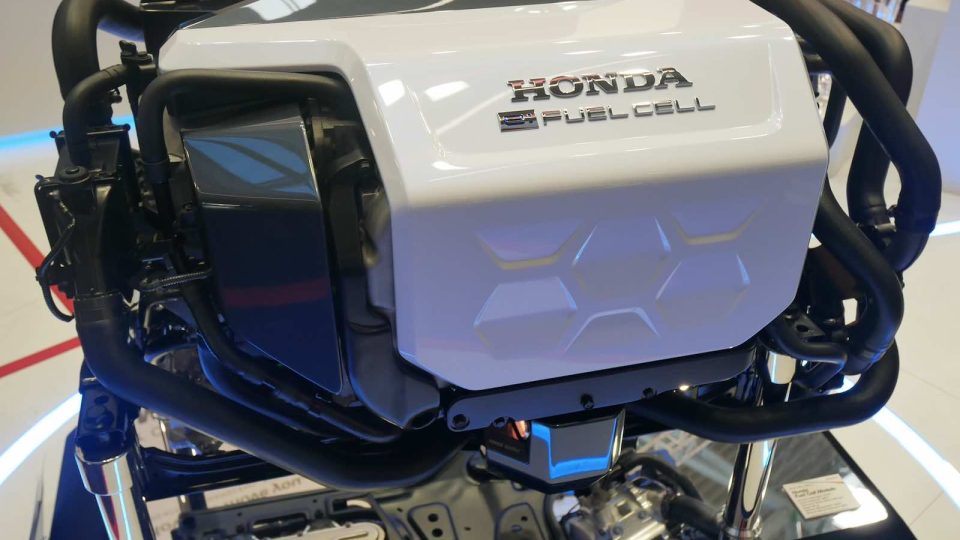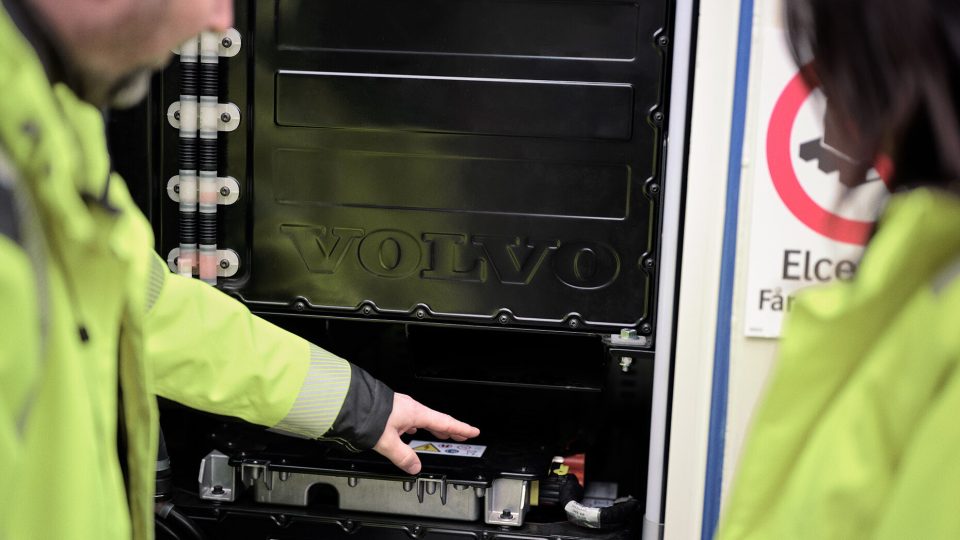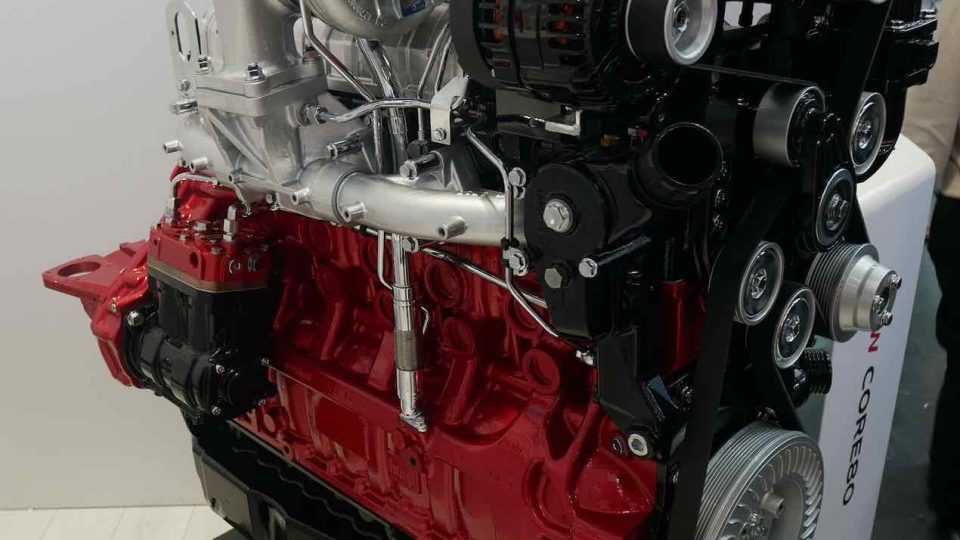Volkswagen, between Elli Group and Mobile Charging Station
Volkswagen wants to become a power supplier Volkswagen Group is establishing a Group company for energy offerings and charging solutions. Elli Group with headquar-ters in Berlin is to develop products and services connected with energy and charging for the brands of the Group. Thomas Ulbrich, Volkswagen brand Board Member responsible for E-mobility, said: «As one […]
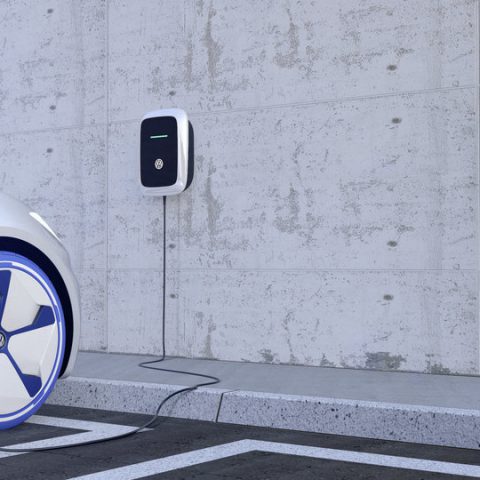
Volkswagen wants to become a power supplier
Volkswagen Group is establishing a Group company for energy offerings and charging solutions. Elli Group with headquar-ters in Berlin is to develop products and services connected with energy and charging for the brands of the Group.
Thomas Ulbrich, Volkswagen brand Board Member responsible for E-mobility, said: «As one of the world’s largest automakers, Volkswagen is going to force the pace of the urgent transport and energy transition to emission-neutral e-mobility. The new company will play its part with energy offerings from renewable sources and smart charging solutions. This way, we are entering a strategically relevant, extremely exciting business area that offers considerable opportunities for strengthening ties with existing customers as well as accessing entirely new customer groups».
Thorsten Nicklaß, CEO of Elli, says that the new Volkswagen Group company would also offer to customers outside the Group green power from renewable sources that is 100 percent CO2-neutral. Nicklaß, formerly CEO of the Digital Energy Solutions joint venture, said: «Our mission is to take e-mobility out of its niche and to place it firmly in the mainstream. The name “Elli” stands for “electric life”, because we intend to enable a lifestyle that fully integrates the electric car in people’s everyday lives. This approach could be compared with the use of a mobile phone, which is taken for granted nowadays».
The company will gradually be building up a portfolio of intelligent power tariffs, Wallboxes and charging stations as well as an IT-based energy management system.
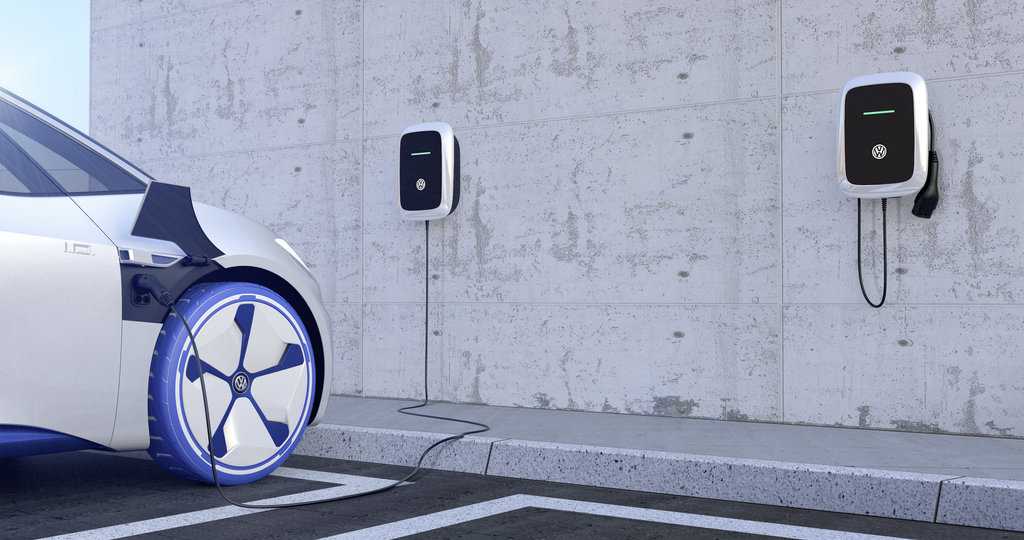
The future of Volkswagen is also in mobile quick charging stations
The first mobile quick charging stations will be available as early as the first half of 2019. In particular, it will be available in Volkswagen’s hometown as part of a pilot project. This will support the expansion of a charging infrastructure in the urban area. As of 2020, the charging station will also be available in other cities and communities.
Thomas Schmall, Chairman of the Board of Management of Volkswagen Group Components, said: «The mobile charging stations are a decisive step toward an efficient network of charging points. They can be set up anywhere as required, with or without connection to the power supply. This flexibility enables a completely new approach for the rapid expansion of the charging infrastructure. Cities can, for example, find out the most suitable places for a permanent charging point before making major investments in developing the network».
Each charging station enables DC quick charging with up to 100 kW. In addition to electric cars, e-bikes can also be charged. Up to four vehicles can recharge simultaneously: two with DC and two with AC connections. The total battery storage capacity of up to 360 kWh is sufficient for up to 15 e-vehicles.
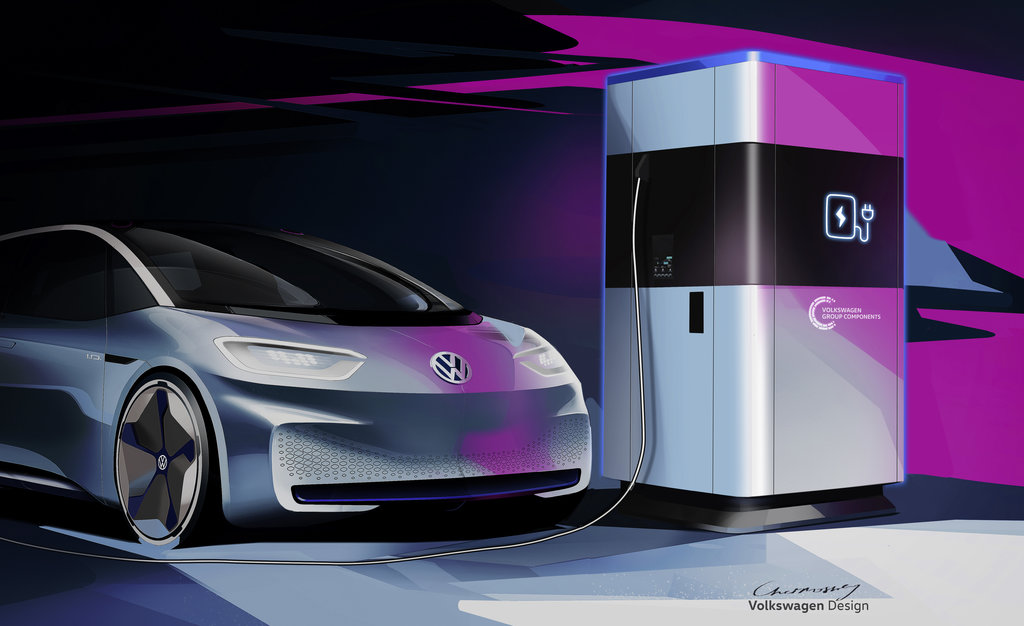
And there is more…
There is also the possibility of connecting to the power supply directly. This allows the station to recharge up to 30 kW by means of a permanent standard grid connection. This enables charging points for electric vehicles to be set up quickly and simply. The battery pack in the charging station can recharge around the clock thanks to the direct power connection. This time-independent recharging, and therefore buffering of power, also considerably reduces the strain on the power supply at peak periods.
The charging station can recharge with solar or wind energy. This energy can then transmit to the electric vehicles during charging. Technically, the mobile charging column is based on the battery pack of the Volkswagen Group’s Modular Electric Toolkit (MEB). On the one hand, this offers the advantage of quick scalability. On the other hand, the charging station allows batteries from electric vehicles to have a second life. The start of production will start in 2020.




